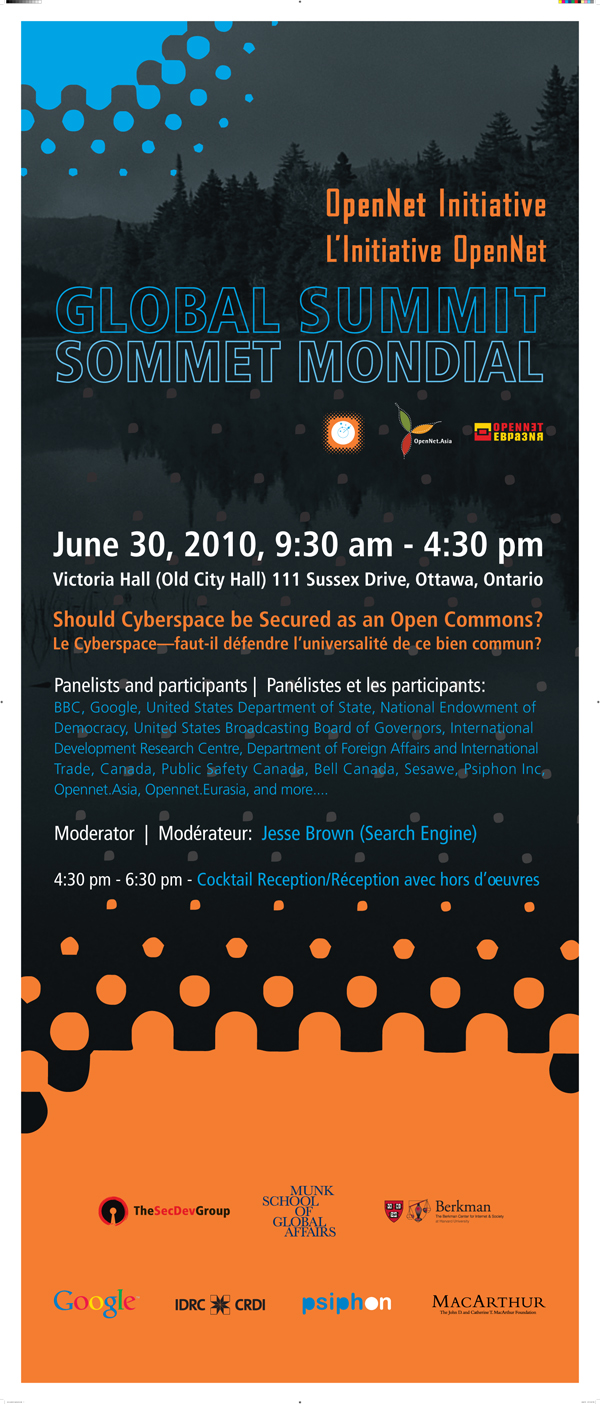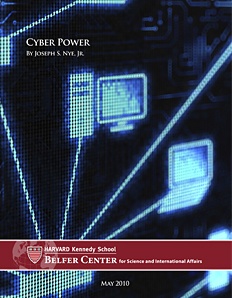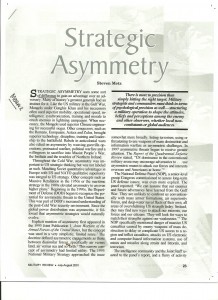
(IEEE Spectrum) By: Robert Charette // Thu, July 08, 2010
There is a story in the Wall Street Journal about a new, $100+ million, classified program being run out of the National Security Agency (NSA) that will monitor critical commercial and government infrastructure systems such as electricity grids, nuclear power plants, air traffic control systems and the like in order to detect cyber attacks.
Dubbed “Perfect Citizen,” the NSA hopes the program will hep it fill in what the WSJ calls the “big, glaring holes” in knowledge about exactly how massive, coordinated cyber attacks might negatively affect the US.
The Journal story goes on to quote from an internal email from US defense contractor Raytheon, the program's prime contractor, as saying:
“The overall purpose of the [program] is our Government…feel[s] that they need to insure the Public Sector is doing all they can to secure Infrastructure critical to our National Security.”
“Perfect Citizen is Big Brother.”





 Apple has suffered another embarrassment. A security breach has exposed iPad owners including dozens of CEOs, military officials, and top politicians. They—and every other buyer of the cellular-enabled tablet—could be vulnerable to spam marketing and malicious hacking.
Apple has suffered another embarrassment. A security breach has exposed iPad owners including dozens of CEOs, military officials, and top politicians. They—and every other buyer of the cellular-enabled tablet—could be vulnerable to spam marketing and malicious hacking.
